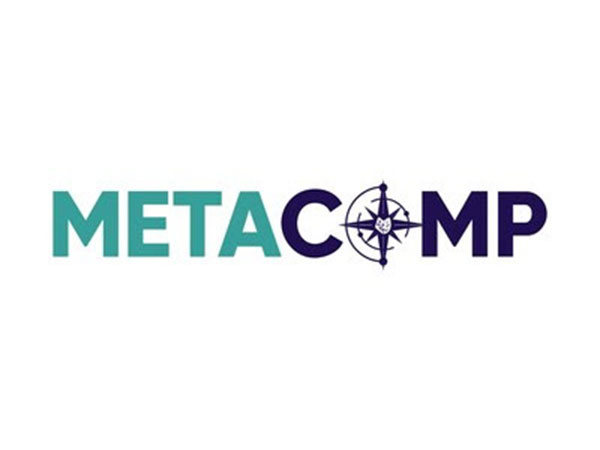S. Korea proposes 15 tln-won extra budget to fund another round of relief aid
Mar 02, 2021

Seoul (South Korea), March 2: South Korea proposed an extra budget of 15 trillion won (US$13.3 billion) Tuesday to finance another round of relief aid for smaller merchants and the underprivileged hit hard by the pandemic.
The extra budget, the third-largest ever, will be used to fund the 19.5 trillion-won relief aid package, the fourth of its kind, designed to help ease economic pains caused by the COVID-19 pandemic, according to the finance ministry.
To finance the extra budget, the government plans to sell 9.9 trillion won in state bonds.
The ministry plans to submit a supplementary budget proposal to the National Assembly on Thursday for approval.
Smaller merchants and self-employed people have faced extended business slumps as the country implemented tougher virus curbs in early December for about two months over a resurgence in new coronavirus cases.
Last year, the government has provided three rounds of pandemic emergency handouts totaling 31.4 trillion won, including the 14.3 trillion won in stimulus checks doled out to all households in May.
In 2020, the country drew up supplementary budgets totaling 67 trillion won four times to cope with the economic fallout of the pandemic.
The fourth round of the relief funds will be spent to support affected sectors, shore up the sluggish job market, and bolster the country's antivirus efforts, according to the ministry.
Under the plan, the scope of recipients of the cash handouts was expanded to 3.85 million micro-businesses from the current 2.8 million beneficiaries.
The maximum amount of support will be up to 5 million won per recipient, depending on the impact of virus curbs on business operations and declines in sales.
The ministry said it will earmark 8.1 trillion won to support smaller merchants and self-employed people hit hard by the pandemic.
A total of 2.8 trillion won will be set aside to prop up the sluggish job market.
In particular, the government plans to spend 2.1 trillion won on creating jobs for young adults, those in their 40s and 50s, and women.
The South Korean economy is on a mild recovery track, helped by robust exports. But its recovery is not even, with income gaps between haves and have-nots deepening, known as a K-shaped recovery.
The country reported the largest job loss in more than two decades last year as the coronavirus outbreak dealt a severe blow to the segments handling face-to-face services.
Of the extra budget, the remaining 4.1 trillion won will be used to support antivirus efforts, including purchases of COVID-19 vaccines and a nationwide inoculation campaign.
South Korea began its vaccination program Friday, hoping to help people fast return to their normal daily lives and achieve herd immunity by November.
The creation of another large extra budget is expected to inevitably reignite a debate over fiscal soundness.
With the extra budget, the country's debt is expected to reach 965.9 trillion won this year, up from its previous estimate of 956 trillion won.
The country is forecast to log a fiscal deficit of 89.6 trillion won this year, larger than an earlier estimated shortfall of 75.4 trillion won.
Its debt-to-gross domestic product (GDP) ratio, a gauge of a nation's financial health, will likely reach 48.2 percent this year, higher than just below 40 percent before the pandemic.
The International Monetary Fund (IMF) earlier said South Korea has fiscal room for increasing targeted support to affected sectors despite its rising fiscal deficit.
Calls to dig deeper into state coffers are likely to mount as the ruling party sticks to the idea of providing universal support to all people over the pandemic.
The country is also seeking to draw up a scheme to compensate business losses incurred by the pandemic for the self-employed.
Source: Xinhua









